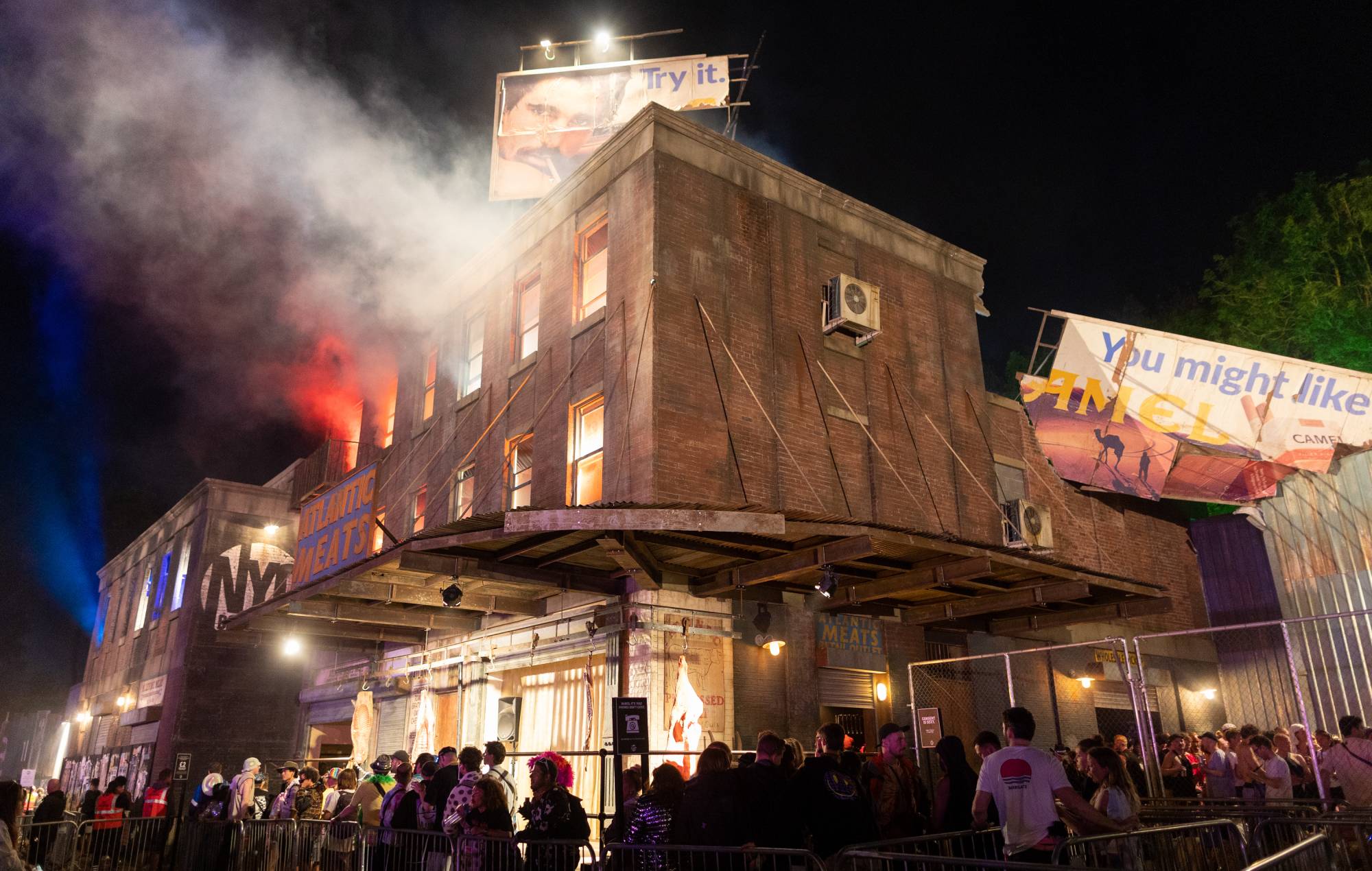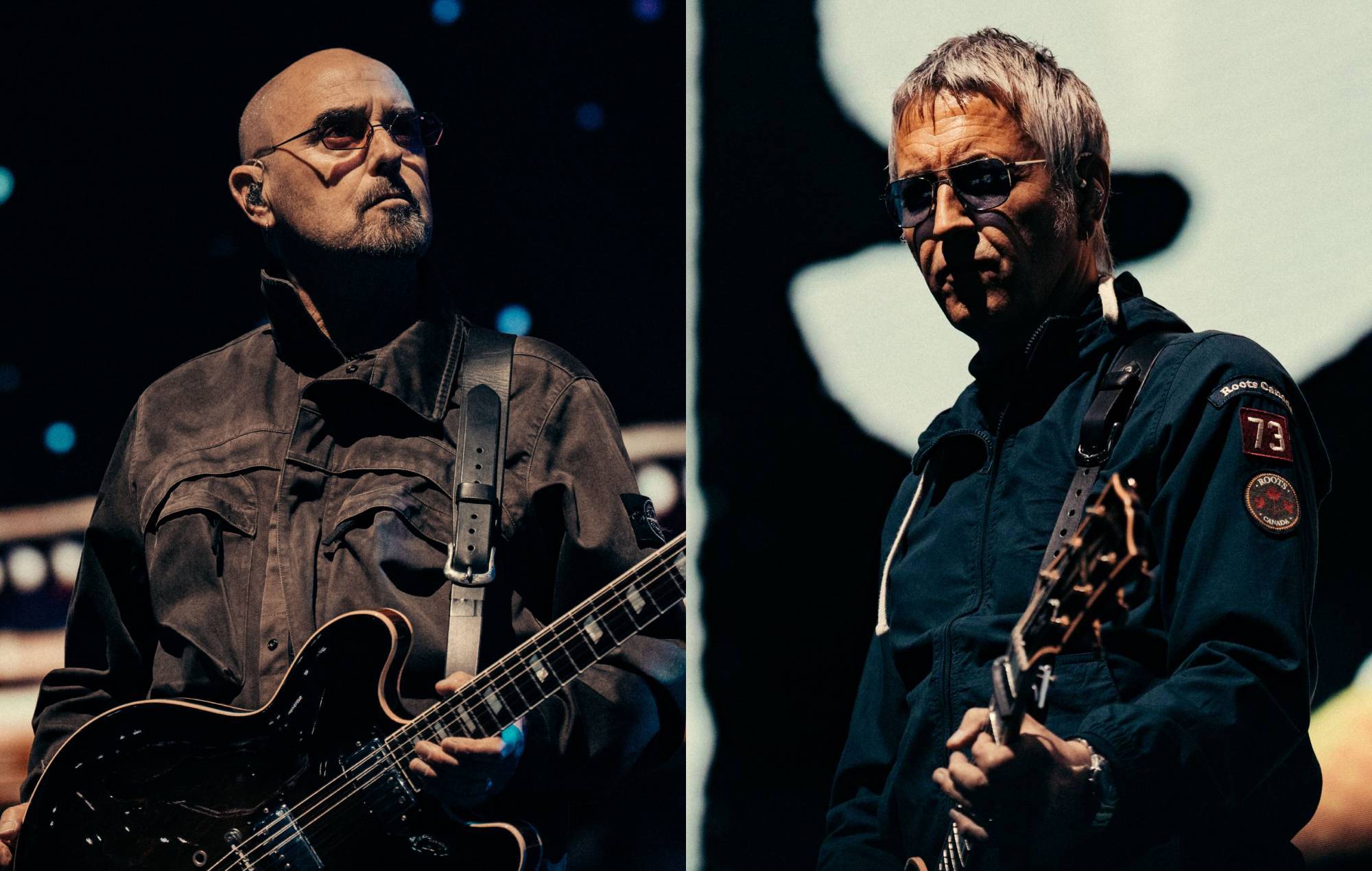
A spokesperson for Facebook has clarified what an update to terms coming into effect in October mean for artists on the platform.
The social networking site has previewed new terms and conditions that will be introduced on October 1, with music guidelines stating that users are not permitted to use videos to “create a listening experience”.
- Read more: The show must go online: inside the rise of virtual gigs during the coronavirus crisis
“You may not use videos on our Products to create a music listening experience,” the guidelines read. “We want you to be able to enjoy videos posted by family and friends.
“However, if you use videos on our Products to create a music listening experience for yourself or for others, your videos will be blocked and your page, profile or group may be deleted. This includes Live.”
A spokesperson for Facebook has now confirmed to NME that, although new guidelines will come into effect across the site in October, the music guidelines have been in place for some time and will not affect artists using the site to livestream gigs or share their music.
The conditions will continue to apply instead to Facebook users including music in videos and livestreams to which they do not own the copyright.

“The music guidelines in Facebook’s Terms of Service have been in place since 2018 and we haven’t made any updates since,” they said. “They were written to balance our commitment to supporting musical expression on our platforms with also ensuring we uphold our agreements with rights holders, which remains unchanged.”
Many artists have used the Facebook Live function to hold livestream gigs over the last few months while physical concerts have been unable to happen due to the coronavirus pandemic.
As the pandemic has continued, livestream gigs have become more sophisticated, with many artists now starting to charge for access to the virtual shows. BTS broke the Guinness World Record the most-viewed concert livestream with their Bang Bang Con: The Live show in June.
Speaking to NME earlier this year, Laura Marling explained why she made her ticketed Union Chapel gig something that was only viewable once. “It’s a somewhat cynical term, but manufacturing scarcity is an important part of it all,” she said.
“As a musician who’s been doing this for 14 years, I see no harm in that. It’s hard to make it as a musician or in any kind of creative pursuit. There is value in only a certain amount of people having this experience and it only being available at a very certain time. That’s what gigs are.”






